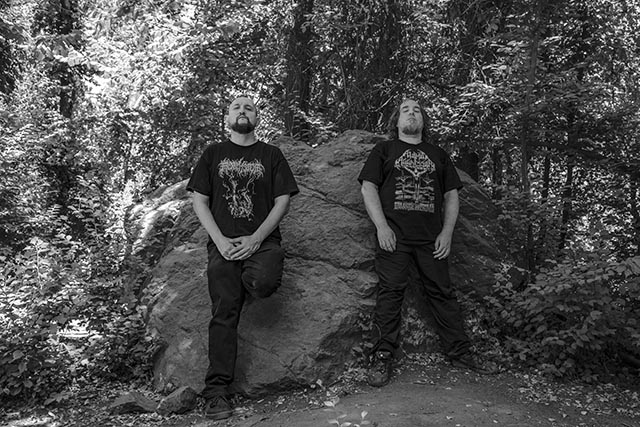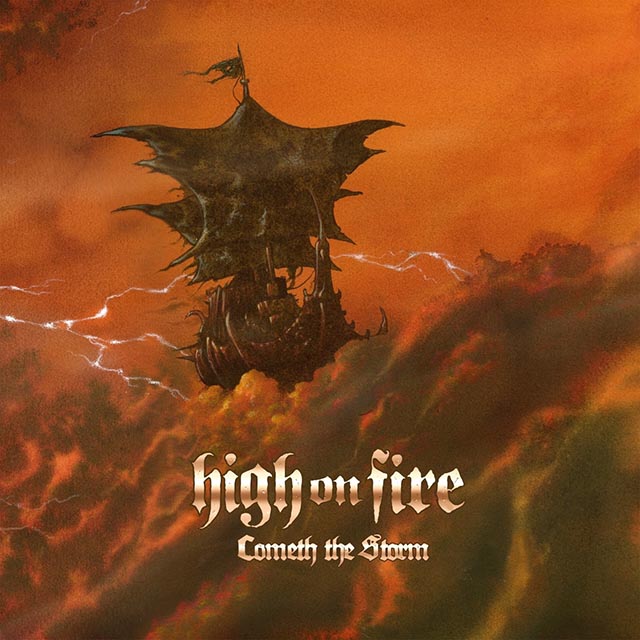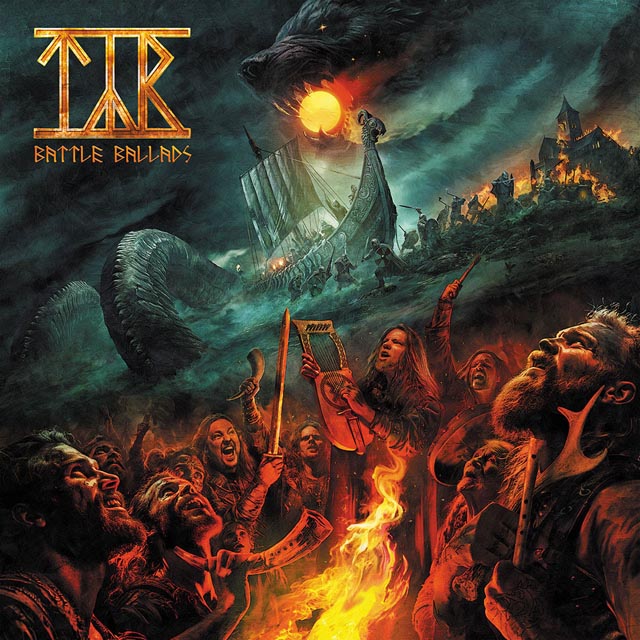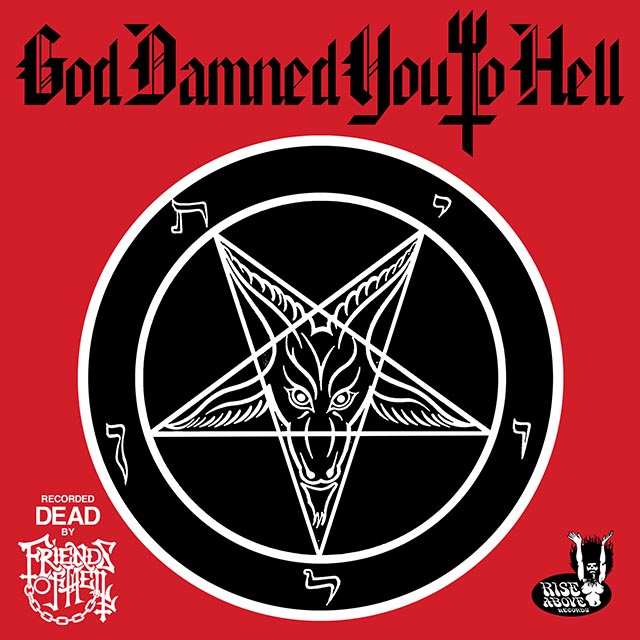 From 2003-2008, the Recording Industry Association of America (RIAA) decided it might be a good idea to sue people that downloaded music illegally. It cost them a lot of money ($16 million to make $1.3 – in 2008 alone), and more importantly, the goodwill of a lot of music fans. It doesn’t make sense to sue your consumers. Apparently, that lesson is lost on World Digital Rights, the company that somehow acquired digital rights for All Shall Perish. We reported last month that the Panamanian company was planning on suing 80 fans for $150,000 each for illegally downloading 2011’s This is Where it Ends. Now, it seems that the identities of the 80 file-sharers are set to be handed over to World Digital and the lawsuits will go on as planned, despite the protest of the band, their attorney and their manager.
From 2003-2008, the Recording Industry Association of America (RIAA) decided it might be a good idea to sue people that downloaded music illegally. It cost them a lot of money ($16 million to make $1.3 – in 2008 alone), and more importantly, the goodwill of a lot of music fans. It doesn’t make sense to sue your consumers. Apparently, that lesson is lost on World Digital Rights, the company that somehow acquired digital rights for All Shall Perish. We reported last month that the Panamanian company was planning on suing 80 fans for $150,000 each for illegally downloading 2011’s This is Where it Ends. Now, it seems that the identities of the 80 file-sharers are set to be handed over to World Digital and the lawsuits will go on as planned, despite the protest of the band, their attorney and their manager.
It’s bizarre that the suits are still happening given that just about everyone involved is against them. According to TorrentFreak, Nuclear Blast didn’t tell the band or their manager that they’d signed over the rights to the name. And while management claims that the label is trying to get the suits dismissed, attempts by TorrentFreak to get comments from NB about how the rights got signed over to World Digital have not been responded to. Are there more bands that will suddenly find themselves suing their fans without any knowledge of it? One would hope not. But again, this isn’t the band’s fault, a point their manager, Ryan Downey, emphasized to TorrentFreak. “The band, their attorney and myself have and will continue to take any steps to protect their fans, yes, even those who file trade,” he told the site. “The band would prefer that their fans legally purchase, stream or otherwise enjoy their music. But they definitely have not, will not and do not wish to sue their fans.”
And even though The RIAA stopped suing music fans in 2008, downloaders are still facing repercussions from past lawsuits. A 2008 lawsuit by the RIAA against a Boston University student made its way to the Supreme Court yesterday, where they refused to hear his appeal. In 2009, a jury ordered Joel Tenenbaum to pay $675,000 for 20 songs he’d illegally downloaded and shared. A federal judge had reduced the award to $67,500, but it was reinstated. Tenenbaum, who just graduated from BU, unsurprisingly doesn’t have that kind of money. So far, there has only been one other music downloading case that has gone to trial, when last year, a woman was ordered to pay $54,000 instead of the initial $1.5 million judgement against her.
Regardless of the outcome, it’s just bad business to sue the people you’re hoping buy your product. It’s a lesson the RIAA learned, and we’re still surprised that the first case since the RIAA stopped their campaign would be for All Shall Perish. We hope that the World Digital Rights has a change of heart, but at least they’re potentially facing lawsuits for downloading ASP as opposed to Aerosmith’s “Pink” and Eminem’s “Lose Yourself,” among the songs Tenenbaum was accused of downloading.






